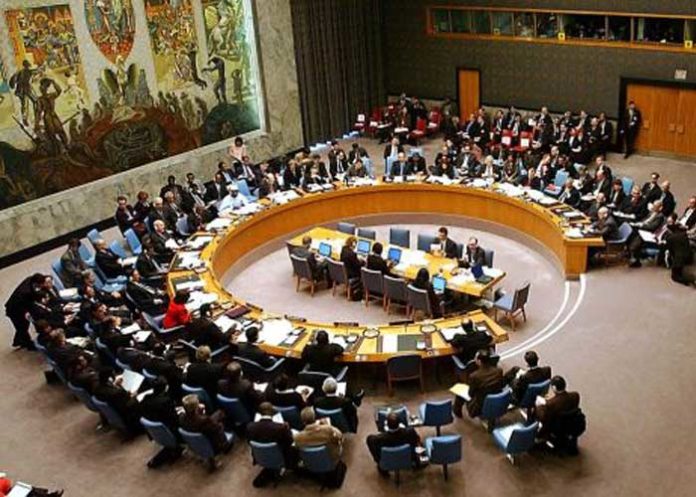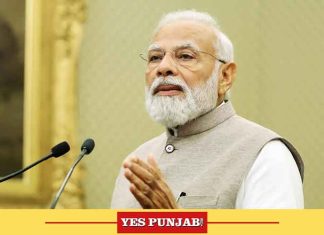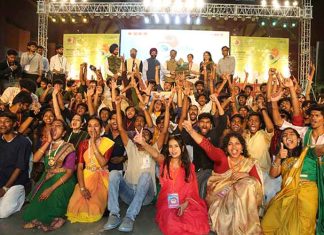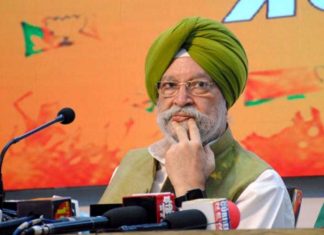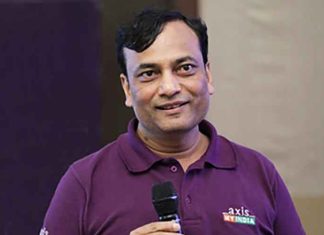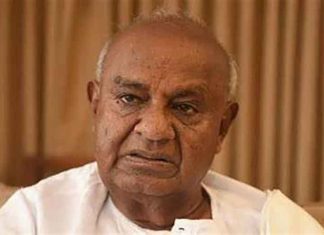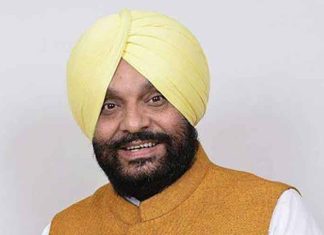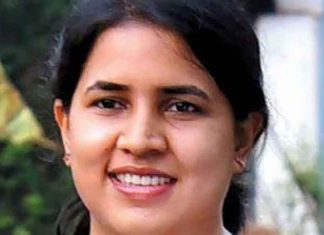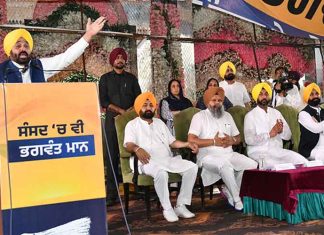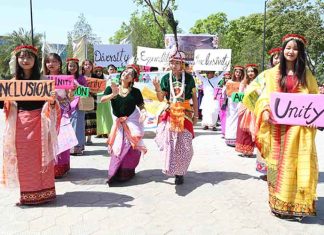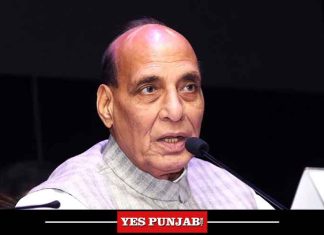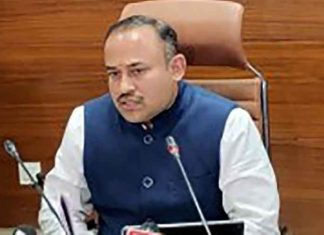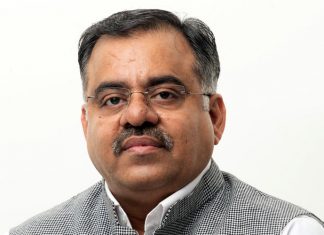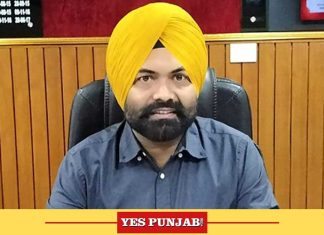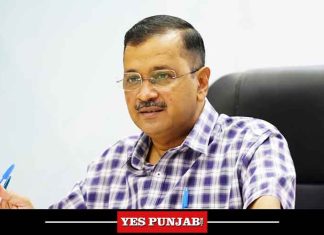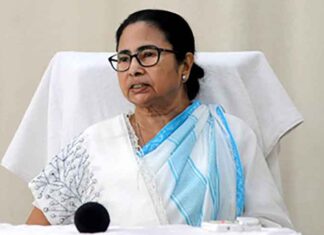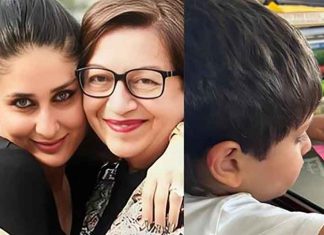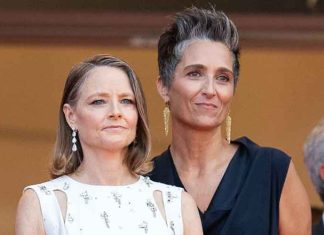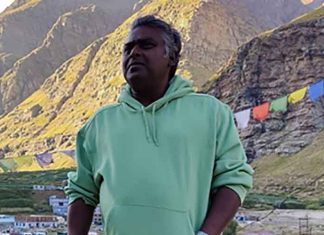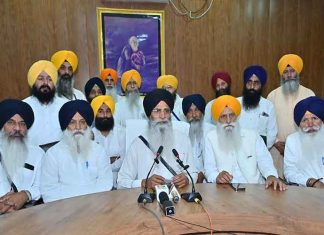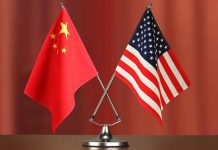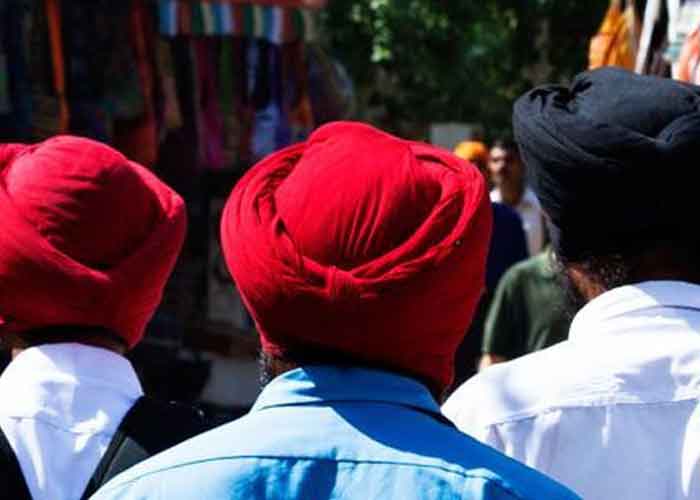United Nations, June 28 , 2019-
The long-stalled negotiating process for the UN Security Council (UNSC) reforms has ended for the current session of General Assembly, but with a smidgen of progress – a streamlining of the process, according to Maria Fernanda Espinosa, the Assembly president.
“What we were able to do in my opinion is to streamline the process, rolling over only two documents, the framework document and this year’s document,” she told reporters on Thursday.
The Assembly inconclusively ended the process known as Intergovernmental Negotiations (IGN) for its current session on Tuesday, handing it off to the next session that starts in September.
The rolling over of the two documents maybe a minute change, but still it was an advance in a process that had stubbornly refused to budge in the last four years and this was also noted by the Group of Four (G4) made up of India, Brazil, Germany and Japan, that jointly lobby for expanding the permanent membership of the Council and mutually support their aspirations for it.
Speaking on behalf of India and the other G4 members, Brazil’s Permanent Representative Mauro Vieira told the Assembly on Tuesday: “We know that this year’s roll-over decision is different from all previous years and includes only two documents, this year’s revised paper as well as the framework document.”
An authoritative source monitoring the reform process at the UN called this a “procedural progress” for the negotiations because by jettisoning the other documents accumulated since the framework document was created in 2015, and sticking to only the two documents future negotiations may be able to focus on the key areas of differences and proceed, instead of being bogged down in circular discussions.
The so-called revised paper that Espinosa and Viera referred to is the “Revised Elements of Commonality and Issues for Further Consideration”, a document prepared by the IGN co-chairs, Permanent Representatives Lana Zaki Nusseibeh of the United Arab Emirates, and Christian Braun of Luxembourg, based on the negotiations during this session.
The negotiations have been stalled because of the opposition by a small group to adopting a negotiating text – a sort of agenda – on which to base the discussions.
Uniting for Consensus (UfC), a group led by Italy and includes Pakistan, has blocked the adoption of a negotating text in order to sabotage the negotiations.
G4 and several countries have called for the adoption of a negotiation text to move the negotiations forward.
The source analysing the IGN developments called the Revised Elements a “proto-text” for negotiations and, therefore, a slight progress.
The source said that the Revised Elements “does not refer to documents of last three sessions but only (to developments) this year and the framework document which is a reference compendium of all positions. So going forward (there is) only one current document to work on. Hence procedural progress”.
The one area of near consensus in the Revised Elements that can drive the negotiations forward is Africa’s aspirations for permanent seats.
“There is growing support by Member States for the legitimate aspirations of African countries to play their rightful role on the global stage including through an increased presence in the Security Council, as a priority, to redress the historical injustice against Africa,” it said.
While a majority of the Security Council mandated peacekeeping operations are in Africa, the continent does not have a permanent representation on the Council, a reflection of the global colonial structure when the UN was founded.
Revised Elements narrows down the points of agreement and those requiring further negotiations from the framework document, which surveyed the UN membership on various aspects of Council reform.
The IGN made significant progress under Jamaica’s Permanent Representative Courtenay Rattray, who as its chair compiled the framework document before his country removed him from the position – under Chinese pressure, according to diplomats.
Tijjani Muhammad-Bande of Nigeria will be the President of the next session of the General Assembly and it raises hopes that the IGN will receive a boost because it is a priority for his continent and his country is considered a front-runner for an African permanent seat.
But it will still be an arduous task.
“Security Council reform is one of the most contentious and divisive issues that we have in the General Assembly,” Espinosa told reporters.
“The progress and the IGN work was extremely difficult, contentious and complicated because there are different groups, there are different views, and there are different interests, within the groups.” (Agency)



